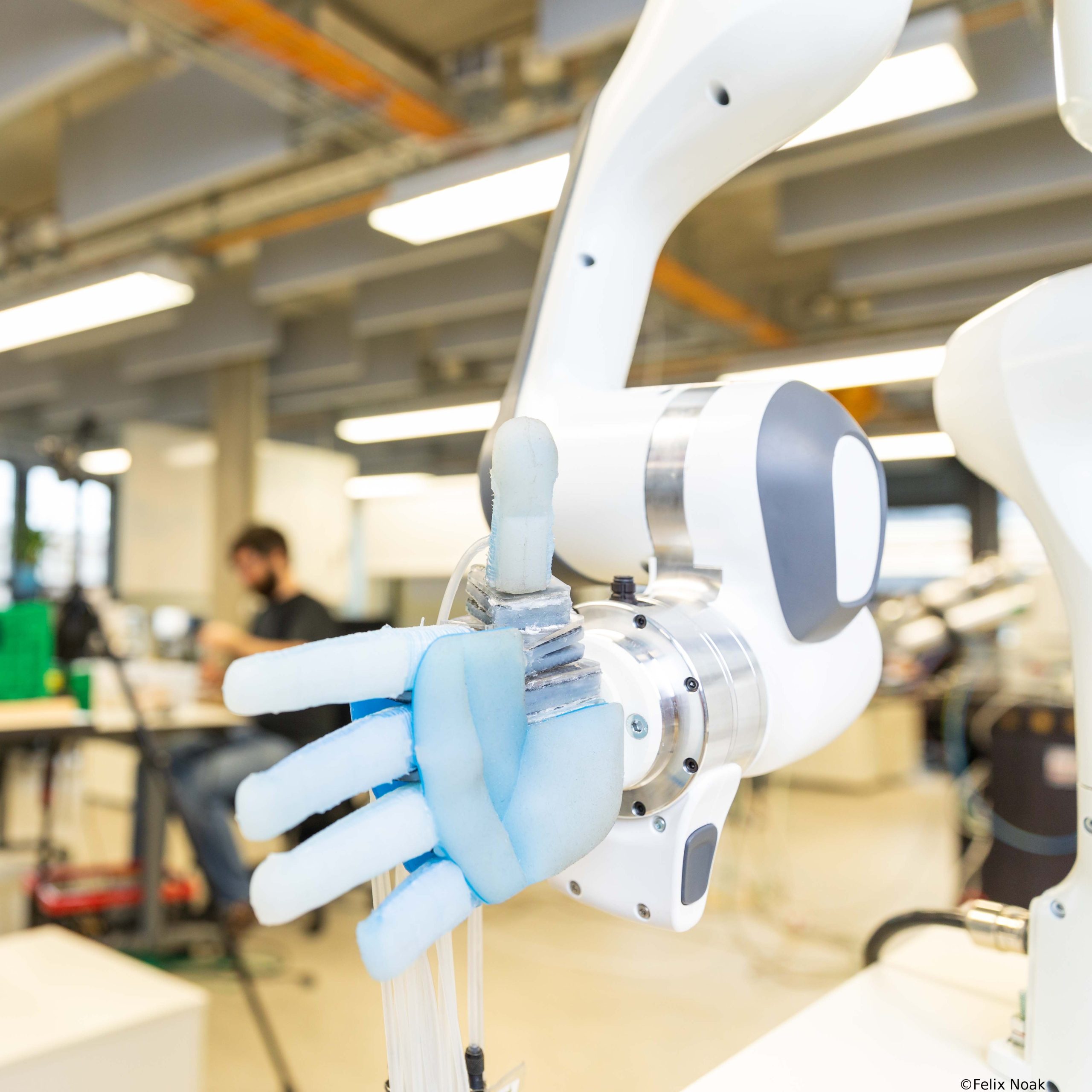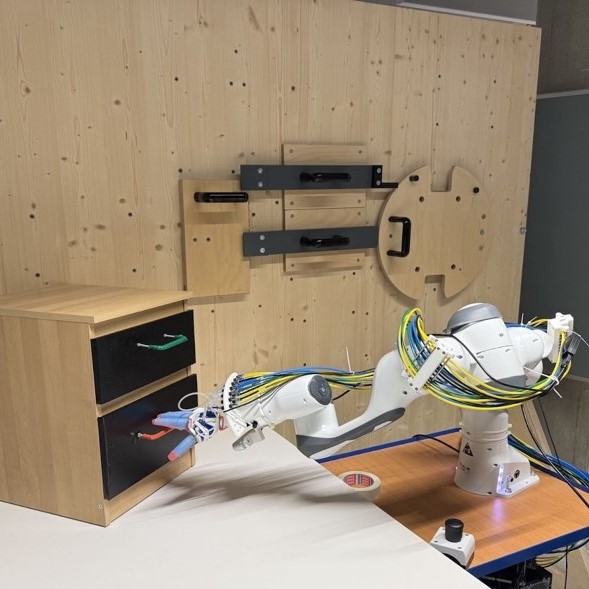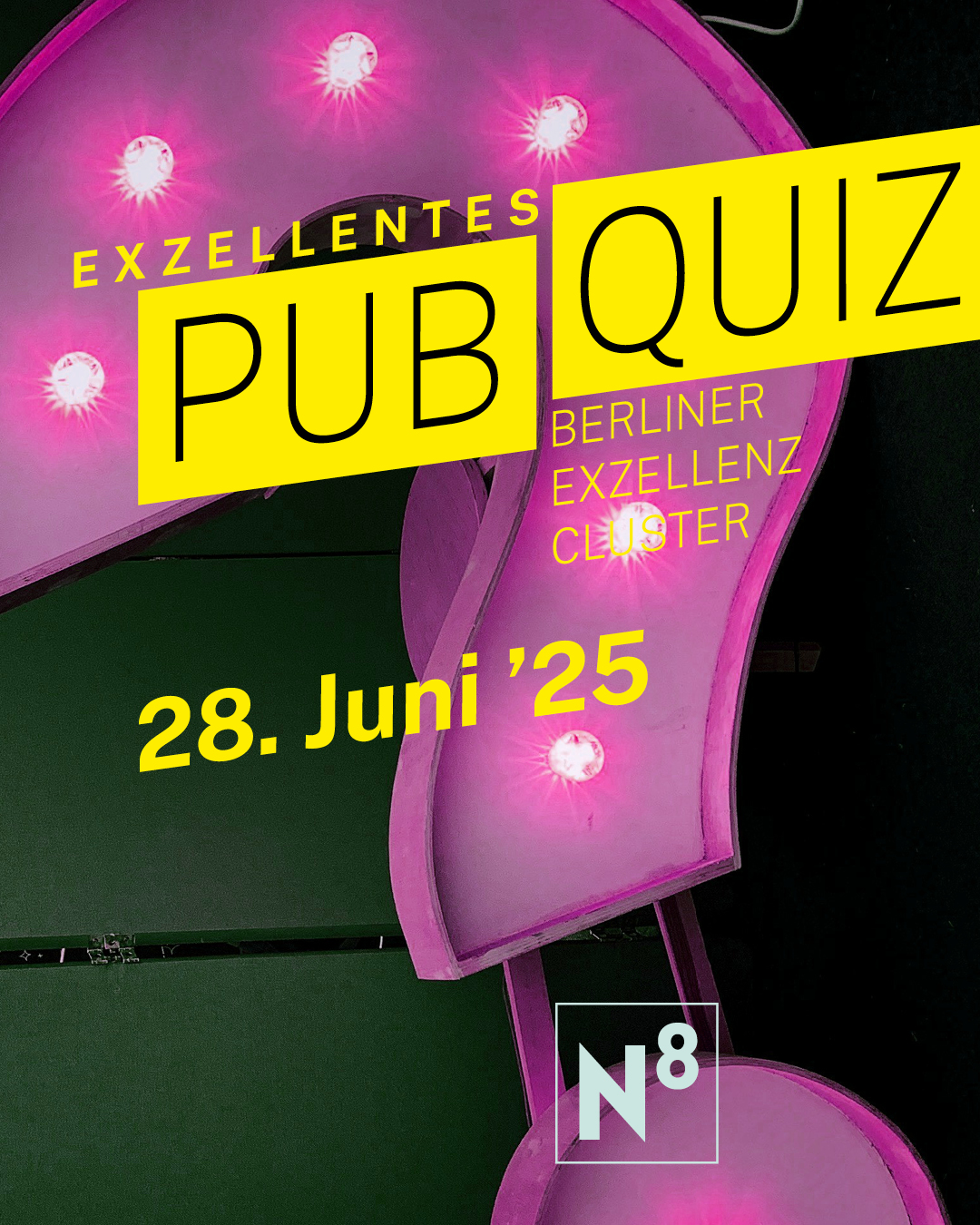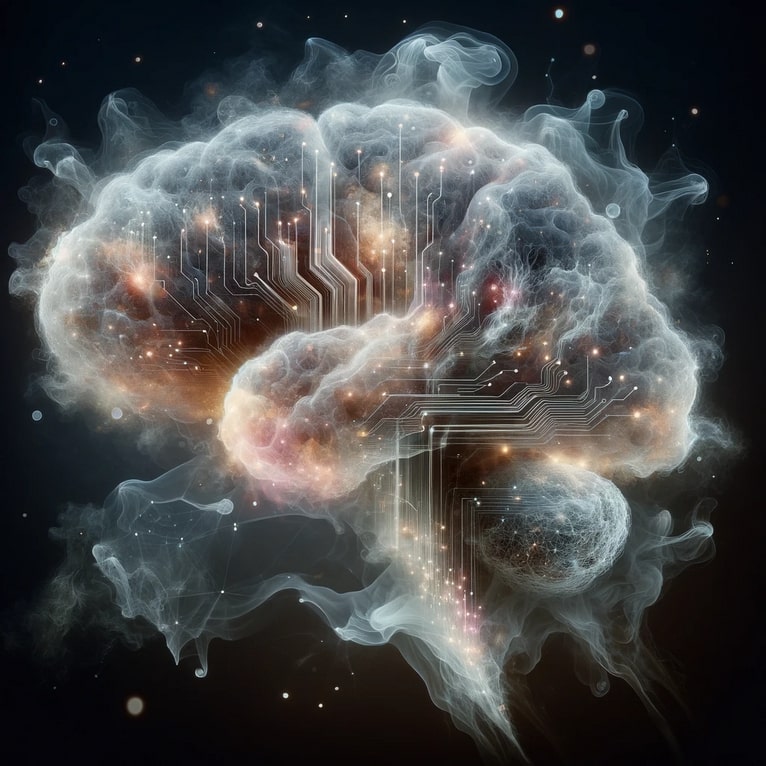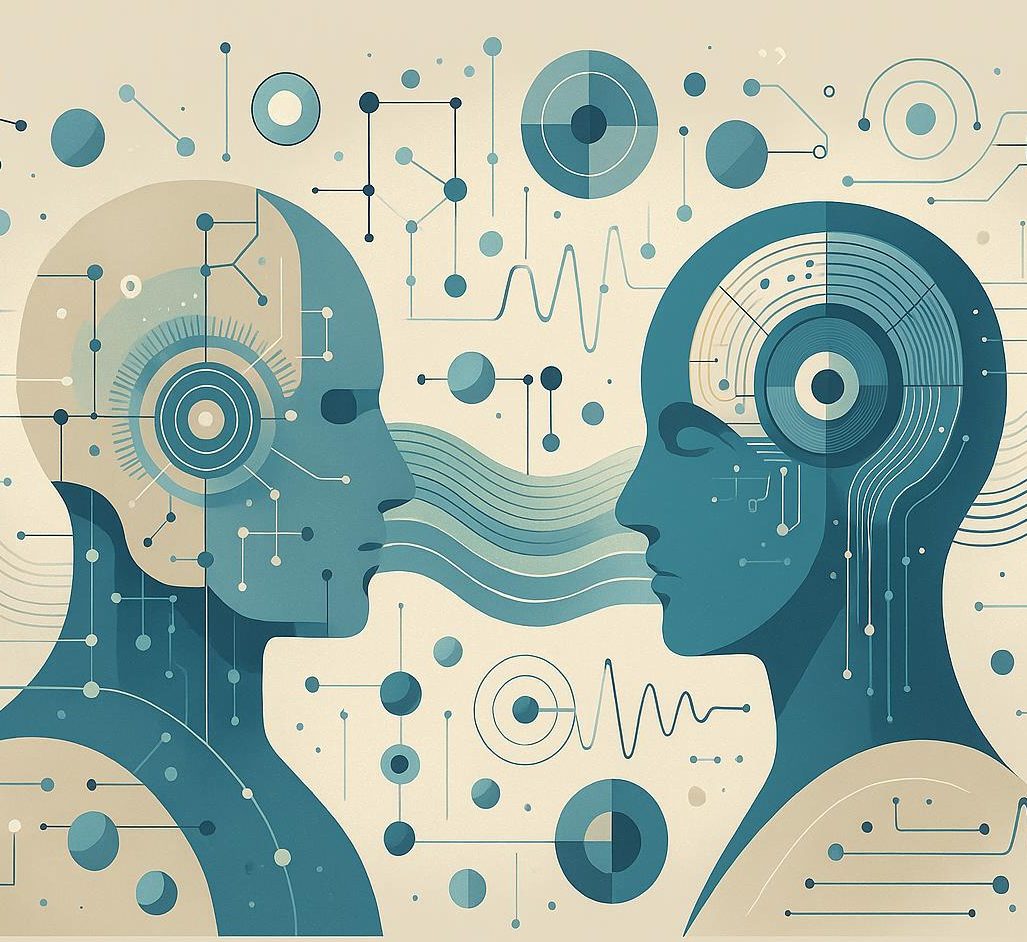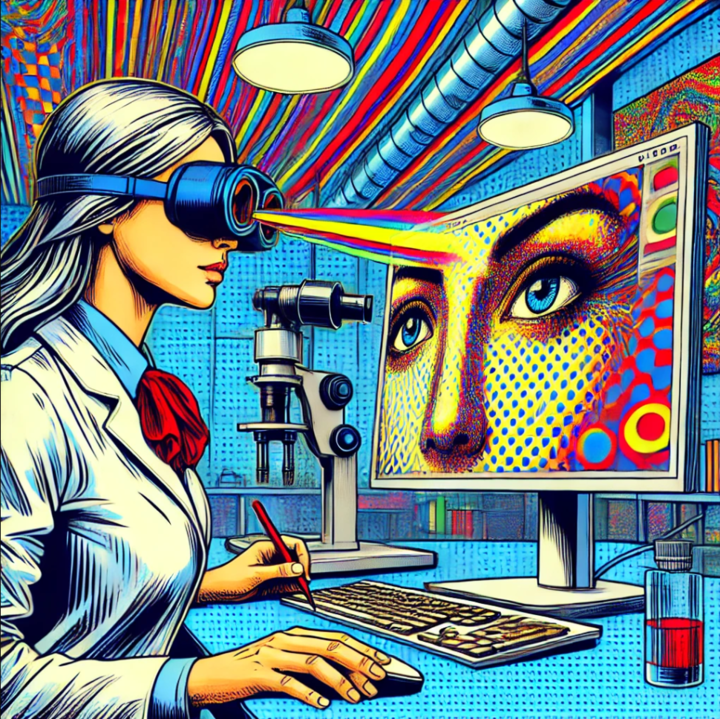
LNDW 2025/SCIoI Open Labs: Explore Vision Science & Create Art with Your Eyes!
SCIoI, MAR Building Marchstr. 23, BerlinWhere: Dark Lab (Room 2.008) Time: regular intervals between 5:30 and 10pm Event Type: Experiment By Ole Hall, Julie Ouerfelli-Ethier, and Qu Runfeng Language: English, German, French Suitable for kids: Yes, from 5 The SCIoI Vision Lab is opening its doors to the public! Join us for a unique experience. Discover Eye Tracking – Live demonstrations will
